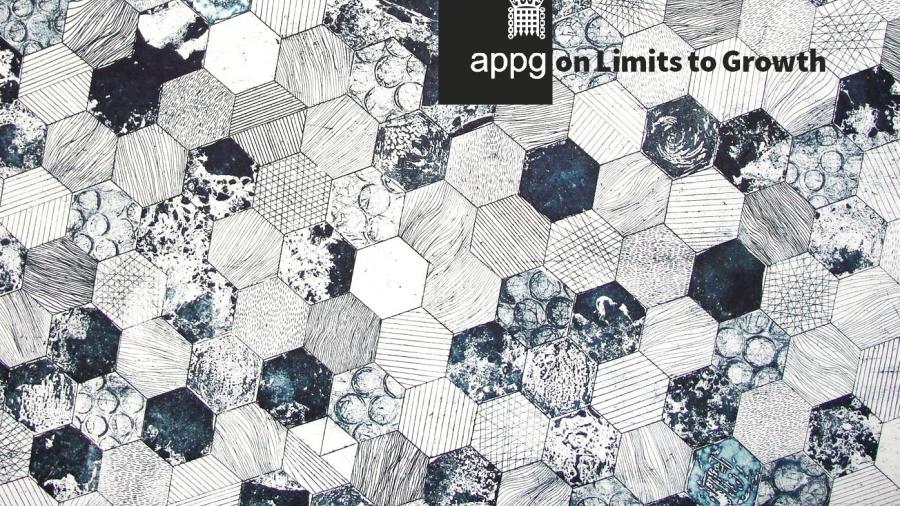On Wednesday, the All Party Parliamentary Group (APPG) on Limits to Growth will be relaunched at an event that will include contributions from leading experts on wellbeing economics.
As Greta Thunberg told world leaders last year: “We are in the beginning of mass extinction, and all you can talk about is money and fairy tales of eternal economic growth.”
This isn’t new. Economists have known about the failings of the Gross Domestic Product (GDP) for decades. Yet UK government policy remains firmly focussed on GDP growth as its primary indicator of national performance, often to the detriment of other environmental and social priorities. The climate and nature crises mean that this must change, and fast.
The APPG Limits to Growth relaunch comes in the same week as a new report calls on the G20 to prioritise environment and human wellbeing as part of a move beyond economic growth and GDP as a measure of progress. In a stark illustration of the failure of GDP to measure costs to the environment or income inequalities, a leading public health expert in Australia has noted that after the devastating Black Saturday bushfires in 2009, GDP actually went up by $4bn.
The APPG meeting will consider environmental and social imperatives for adopting alternative measures to GDP, and what different models of economic development could be implemented. How useful are these alternatives? Will they help us overcome our ‘growth dependency’? What needs to happen next to make progress?
It will offer a space for discussion around these critical questions with expert contributions from:
· Peter Schmidt, rapporteur to the European Economic and Social Committee’s recent ‘own initiative opinion’ on ‘the sustainable economy we need’.
· Lisa Hough-Stewart, communications lead for the Wellbeing Economy Alliance (WEAll)
· Prof Tim Jackson, author of Prosperity without Growth.
You can find out more about the work of the APPG Limits to Growth on the new updated website.
Please do encourage your MP to get involved by sending them the link to the APPG website and asking them to attend the meeting at 9am on Wednesday 26 February, by getting in touch with appg@cusp.ac.uk.




Join The Discussion